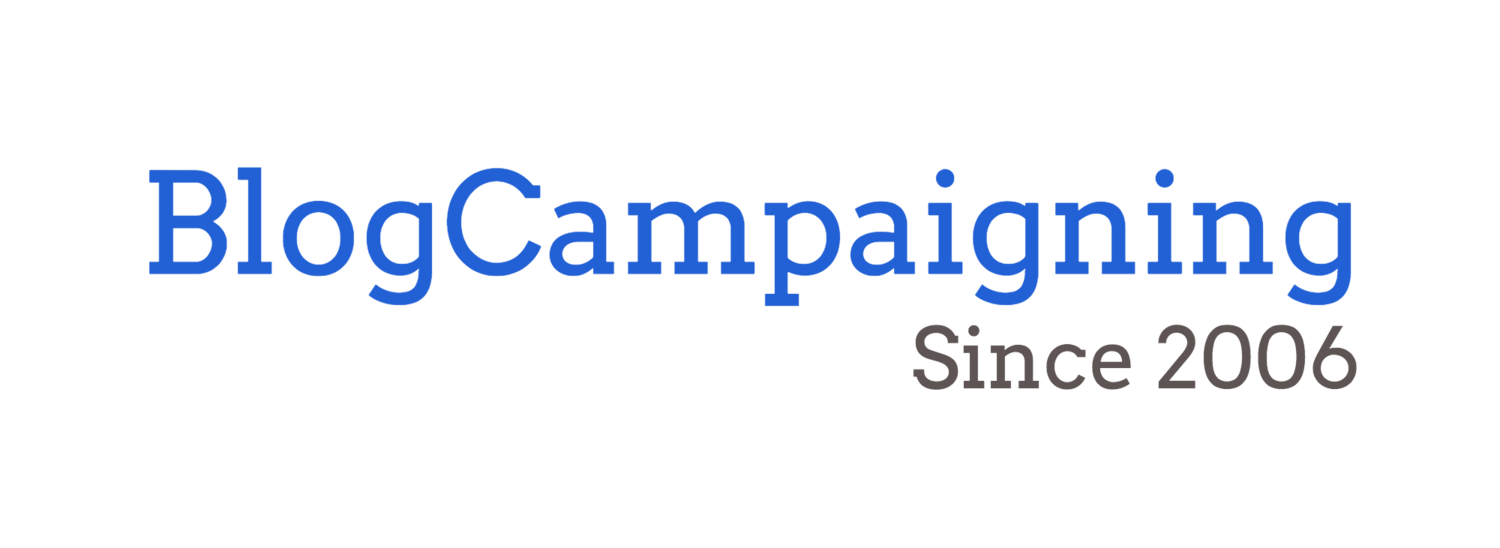Australia is a weird country. Given that the country's broadband is amongst the worst in the developed world, Prime Minister Kevin Rudd announced a plan to build a national broadband network. The ambitious project will take up to eight years, cost $43 billion, create tens of thousands of jobs and will see fibre-optic cable laid out to individual houses.
The fibre-optic network, providing speeds of up to 100 megabits per second, will cover 90 percent of Australians, while the rest will have access to a mix of wireless and satellite connections.
And yet Rudd lost thousands of Twitter followers in the last weeks. What happened?
In a move that somehow contradicts everything the national broadband plan stands for, the federal government decided to push ahead with its internet censorship plan.
Under this scheme a mandatory filter will block sites found on the secret Australian Communications and Media Authority blacklist and blacklists held by other countries. Moreover, a wide scope of content could be prohibited under the proposed filtering regime. As the Australian Google blog explains:
Refused Classification (or RC) is a broad category of content that includes not just child sexual abuse material but also socially and politically controversial material—for example, educational content on safer drug use—as well as the grey realms of material instructing in any crime, including politically controversial crimes such as euthanasia.
As I've pointed out before, the scheme is expensive, ineffective and easy-to-circumvent. It potentially slows down an already slow internet and cripples Australia's competitiveness in the global marketplace. The scope of the planned scheme also sets a precedent for a Western democracy by uniquely combining a mandatory framework and a much wider scope of content.
Similar to the controversy surrounding the introduction of an R-18 rating for digital games, this move seems to be a case of a vocal minority of social conservatives trying to impose their worldview on the rest of society.
One of the first groups to be backgrounded on the results of the filter trial was the Australian Christian Lobby, and not the entire Australian public. It seems the government is concerned about defying those who act as (self-appointed) guardians of community standards.
On the other hand, the censorship scheme does not enjoy the overwhelming support of the Australian public. A poll that was commissioned by GetUP! found only four percent of Australians want the government to be responsible for protecting children online. The move alienates potential Labor voters, while the people who care about these issues are unlikely to vote for the party in the first place. It would also be interesting to see what would happen if the Liberals, now under leadership of conservative Tony Abbott, were to win the next election.
It seems that if fast broadband is introduced into Australia, its citizens will only be allowed to use it on the government's terms. If something violates the moral standards of the country's leaders it must be hidden or ruled out. Rudd already demonstrated this tendency towards social engineering in the discussions about the controversial pictures of Bill Henson.
Australia, it seems, still suffers from a conservative hangover that already led to unparalleled censorship campaigns in the Western World—90 years ago. However, times and media have changed. These days the concern is not what will and will not be blocked, but who will and will not be able to get around it.
As tech writer Kathryn Small puts it:
"Conroy will not be censoring the internet. He'll be censoring people who do not know much about the internet." [A]nyone with a vested interest who knows enough about software design will be able to circumvent the system. "The real problem is Conroy will create a two-tiered system [with] a massive disparity between the 'haves' and 'have nots' of computer literacy."
-Jens
